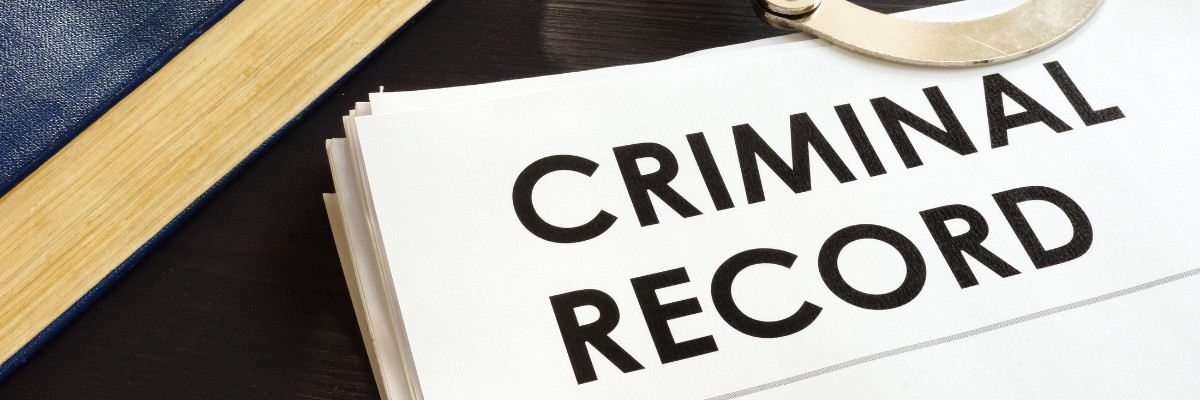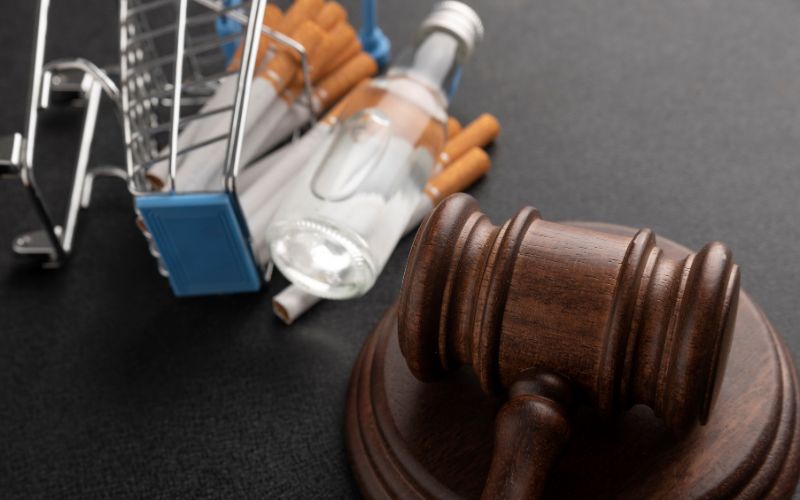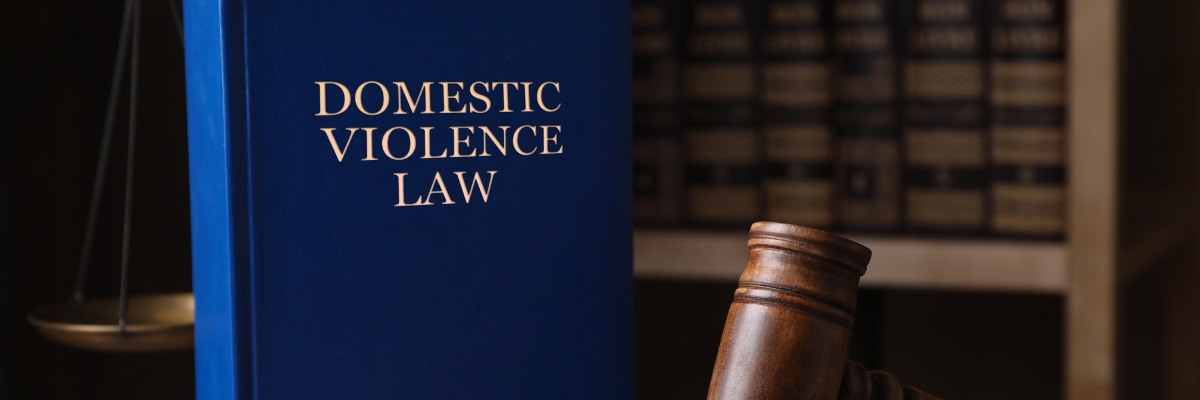If you are found guilty of a criminal offence there are a variety of sentences that could be imposed which would result in you receiving a criminal record. More specifically, any of the following sentences will result in a criminal record; suspended sentence, conditional sentence, jail sentence, or a fine.
A criminal record can have serious and long-lasting implications, particularly with respect to your ability to travel to other countries and gaining employment in certain professions. However, there are circumstances where criminal charges against you can be resolved in a manner that does not result in a criminal record.
With the exception of the charges against you being withdrawn or you entering a peace bond when available, a discharge is the most favourable result your lawyer can achieve for you.
What is a Discharge?
Essentially, a discharge is where a judge makes a finding of guilt but he or she does not enter a conviction. A discharge can either be an absolute discharge or a conditional discharge. The difference between the two is that a conditional discharge requires that you enter into a probation order for a period of time, usually 6 months, 1 year or 2 years.
You should be aware that even though a discharge does not result in a conviction, a judge must still make a finding of guilt, and therefore you are still required to admit to a set of facts which would satisfactorily establish all the elements of the offence for which you are charged with. It is important you understand that a lawyer cannot assist you where he or she knows or has reason to believe the facts you are admitting to are not true. These circumstances often arise when a person just wants to plead guilty and get the matter over with, such as in cases involving domestic assault where the person wants to return home as soon as possible.
You should also know that if you receive a conditional discharge and you breach the probation order, you can be brought before the judge who has the authority to rescind your conditional discharge and enter a conviction and impose a penalty.
Eligibility for an Absolute or Conditional Discharge
There are two requirements that must be met before you are eligible for an absolute discharge or a conditional discharge. The first requirement is that you cannot be charged with an offence where there is a prescribed minimum penalty, or where you may be subject to a penalty of 14 years in jail or life imprisonment. The second requirement is that the judge must find that a discharge would be in your best interests and would not be contrary to the public interest.
Although there is no law that prevents a person from receiving more than one discharge, the general accepted practice is that a person who has received a discharge in the past is not likely to receive a subsequent discharge in the future. However, where there has been a substantial period of time (for example 10 years) between when a person first received a discharge and when they are charged with a subsequent criminal offence, it may be possible that a judge will agree to order another discharge.
The Advantage of Receiving a Discharge
Receiving a discharge allows you to state at a job interview that you have never been convicted of a criminal offence. However, more importantly is the fact that if you receive a discharge you will not end up with a criminal record. There will be a record that you received a discharge for a limited period of time, however it will eventually be expunged.
Many years ago, a discharge would remain on your record until you applied to have it removed. Now a discharge, whether absolute or conditional, will automatically be expunged after a specified period of time. An absolute discharge will be expunged one year from the date a judge imposes the discharge, while a conditional discharge will automatically be expunged 3 years after the completion of the probation order. Therefore, if you were to receive a conditional discharge with a probation order for 6 months, a conditional discharge would be expunged 3 years after your probation order has ended.
Although the Criminal Records Act states that any record of a discharge will be expunged after the required period of time, you would be well advised to follow up with the RCMP by requesting a criminal record check. You wouldn’t want to be in a position where your employer discovered you had received a discharge in circumstances where that information should have been expunged from your record. It is entirely possible that an administrative delay or an administrative error could result in a discharge remaining on your record longer than is permitted by law.
You should also be aware that although the Criminal Records Act requires that a discharge be expunged from Canadian Information Police Centre (CPIC) records, this does not necessarily mean that the local police agency will remove any record of an absolute or conditional discharge from their own records. In fact, it is more likely than not that the local police force will retain any record of a discharge. The good news is that if your employer requests that you complete a criminal record check, the RCMP will check CPIC records which should have expunged any record of a discharge, provided the required period of time has elapsed.
Contact
A lawyer can have a significant impact in determining whether your matter can be resolved by way of a discharged. I practice criminal law in Toronto and the surrounding areas, contact me immediately if you have been charged with a criminal offence or you have any questions about absolute and conditional discharges.






